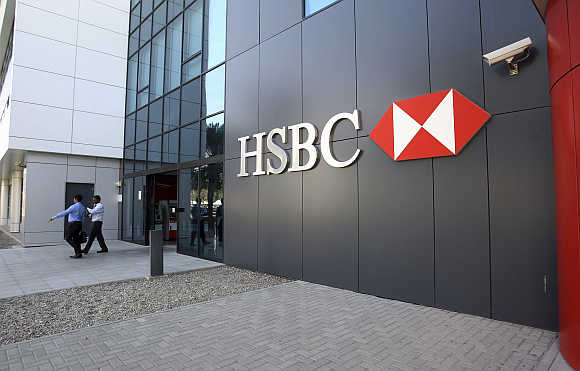
HSBC Holdings plc (ADR) (NYSE:HSBC) is the subject of backlash in Hong Kong over ‘political censorship’ allegations. Student leader, Joshua Wong, says the investment bank rejected his application for two new bank accounts because of his political views.
HSBC Defense
Wong says applications for two accounts were turned down, with HSBC Holdings plc (ADR) (NYSE:HSBC) issuing no detailed reason. The activist says he intended to use one of the accounts to receive donations for the political party. According to the bank, it rejected the political party account application because of administrative and business reasons.
Application for a personal account was also turned down with one of HSBC Holdings plc (ADR) (NYSE:HSBC)’s manager saying it was due to ‘business arrangement.’ The bank’s spokesperson has since defended the action, saying they do not discriminate anyone based on race, gender or political viewpoint.
Beijing’s Influence
There is concern that Beijing might have had a hand on the bank’s decision, given that Wong is planning to use the party to push for more autonomy. Wong is also planning to use the party to run for a parliamentary seat later in the year.
Hong Kong and Beijing authorities have been vocal against the pro-independence groups. Tension is already building up, one party having seen its registration turned down. Wong became the face of the city’s pro-democracy movement in 2014 something that authorities fear could erupt ahead of the pole.
HSBC Holdings plc (ADR) (NYSE:HSBC) stance on Wong’s case comes as a surprise having appeared in the Panama Papers scandal. It is alleged the bank helped some wealthy clients from shell companies mostly used to hide assets.
Wong has already questioned HSBC Holdings plc (ADR) (NYSE:HSBC)’s motive, on rejecting his applications. Of concern is that the bank continues to help wealthy clients set suspicious offshore companies.
“If HSBC claims that they do not discriminate over various political viewpoints, why would it help rich and sensitive clients register more than 2,300 shell companies,” Wong told Quartz




